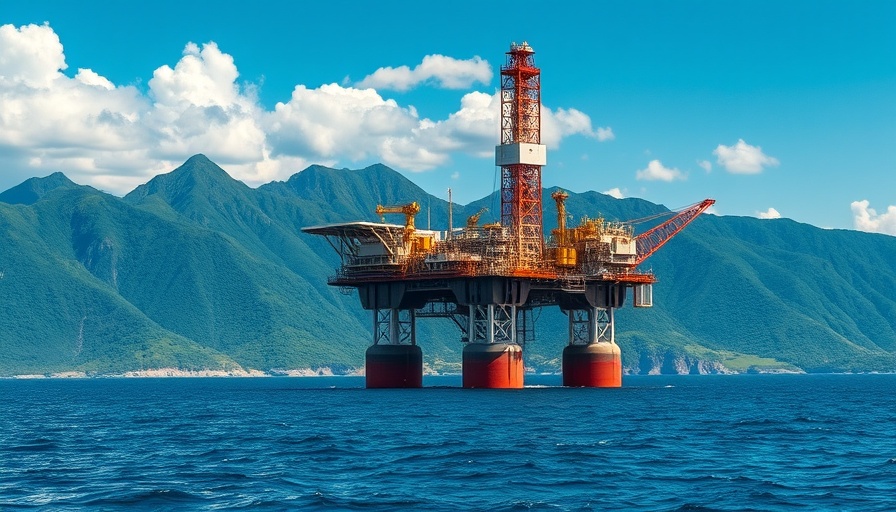
Brazil's New Role in OPEC+
On February 19, 2025, Brazil officially joined OPEC+, the consortium of oil-exporting nations, marking a significant moment in its energy narrative. This decision allows Brazil to participate in discussions within the Charter of Cooperation, while clearly stating that it bears no binding commitments on production cuts or quotas. Brazil's Minister of Mines and Energy, Alexandre Silveira, articulated this position, underscoring that Brazil's growth, development, and job creation are paramount priorities.
The Timing: OPEC Membership and COP30
Curiously, Brazil's OPEC+ membership announcement arrives just months before hosting the UN climate summit COP30. This timing raises eyebrows and presents a complex juxtaposition of priorities—while striving to be a significant player in the global oil market, Brazil also positions itself as a leader in climate action. As President Luiz Inácio Lula da Silva pushes for progressive environmental initiatives, including curbing Amazonian deforestation, he simultaneously supports increased oil production, spurring debates on the sustainability of these dual goals.
The Duality of Brazil's Energy Strategy
Under Lula’s administration, Brazil is under scrutiny for navigating a path that merges economic growth through fossil fuel production and environmental preservation. Lula's call for harnessing newfound oil revenues aims at financing Brazil's transition to green energy sources. Yet, as news reports indicate, exploratory drilling near the biodiverse Amazon River delta contradicts the essence of these environmental aspirations. Oil expert Luís Eduardo Duque Dutra notes that this decision highlights Brazil’s attempts to balance traditional energy production with a shift towards renewables.
Pressure from Environmental Advocates
Brazil's membership in OPEC+ has triggered criticism from environmental activists. Suely Araújo from the Climate Observatory argues that expanding fossil fuel exploration directly undermines commitments to combat climate change. This climate paradox presents a moral conundrum for Brazil, portraying it as a developing nation attempting to enhance its economy while grappling with pressing ecological concerns.
Market Implications and Global Positioning
Emerging as the world’s seventh-largest oil producer, Brazil is poised to significantly impact global oil markets. It currently produces about 4.3 million barrels per day, contributing to approximately 4% of global oil output. As Brazil solidifies its position within OPEC+, its energy strategies will not only shape local economies but will also influence international supply chains and pricing dynamics, particularly for industries reliant on petroleum-based feedstocks.
A Future of Renewable Aspirations?
Despite the ongoing expansion of oil production, Brazil's commitment to renewable energy remains strong. Silveira's affirmation that Brazil is also part of international organizations such as the International Renewable Energy Agency highlights this dual commitment. Lula's administration appears to be clinging to the hope that oil revenues can fund a broader, more sustainable energy transition while managing the competing interests of economic development and environmental stewardship.
Conclusion: A Nation at the Crossroads
As Brazil steps onto the international stage as an OPEC+ member, the world watches closely. This pivotal moment encapsulates the tension between economic aspirations and ecological responsibility, placing Brazil at a crossroads. The outcomes of this journey may redefine Brazil’s identity as both an oil powerhouse and a steward of the Amazon, shaping its legacy in global climate leadership.
 Add Row
Add Row  Add
Add 



 Add Row
Add Row  Add
Add 

Write A Comment